UNI NOVA – Research Magazine of the University of Basel
-
Dossier
Neighborhoods 2.0
Text: Samuel Schlaefli / Are neighborhoods becoming less important in an individualized and increasingly mobile society? Not according to cultural anthropologist Christina Besmer, who claims that they are simply changing form as diversity grows and society is digitalized.
-
Dossier
A critical take on sedentarism.
Text: Samuel Schlaefli / The expectation that “migrants” should become actively involved in the local community of the urban district in which they live is often at odds with their mobility patterns and motivations.
-
Dossier
The lives of cross-border commuters.
Text: Tobias Ehrenbold / Some 320,000 commuters – twice as many as 20 years ago – cross the border into Switzerland for work. Sociologist Cédric Duchêne-Lacroix takes a closer look at the complex lives of cross-border commuters.
-
 In conversation
In conversation“The law must not deny reality.”
Interview: Urs Hafner / An overhaul of the 100-year-old inheritance law is long overdue, not least because the structure of families has changed. The Swiss Federal Council has presented its draft bill for reform. This has not been thought through sufficiently, according to professor of law Roland Fankhauser. He would like to see the Federal Council display more courage.
-
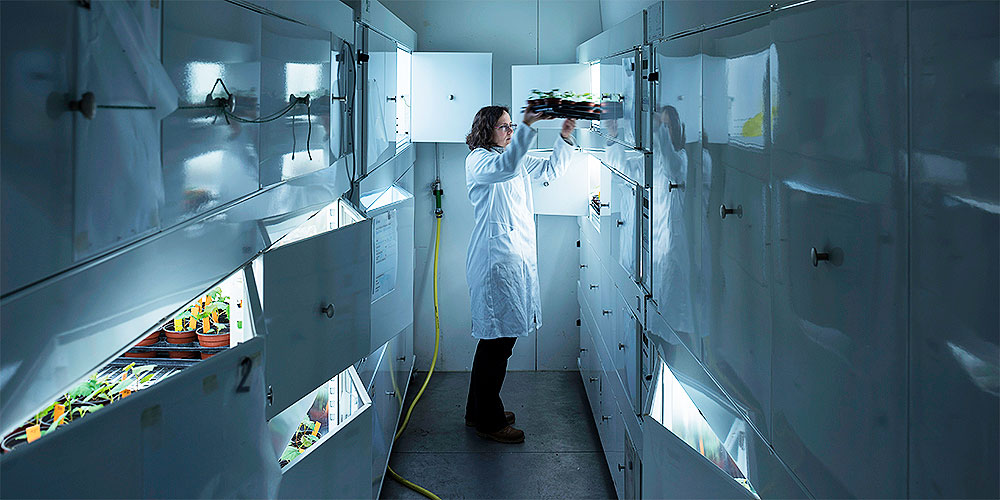 In pictures
In picturesPlant extracts against fungi.
Text: Christoph Dieffenbacher / Researchers are looking for plant substances that could replace the harmful copper in the fight against various plant diseases.
-
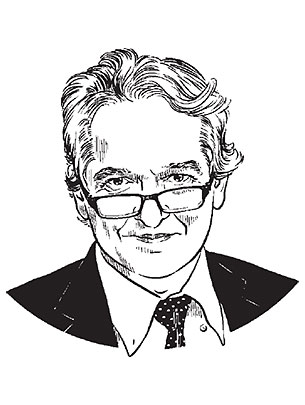 Opinion
OpinionWhat does the future of money look like, Aleksander Berentsen?
Text: Aleksander Berentsen / The money economy is currently undergoing a period of rapid change, thanks to digitization. Cash as we know it will disappear. But what consequences is that going to have?
-
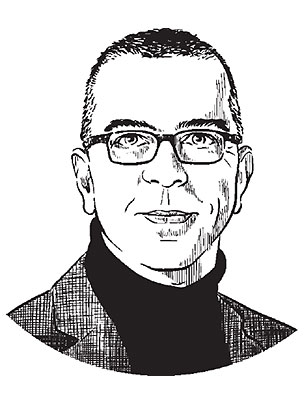 Opinion
OpinionWhat does the future of money look like, Axel Paul?
Text: Axel Paul / The money economy is currently undergoing a period of rapid change, thanks to digitization. Cash as we know it will disappear. But what consequences is that going to have?
-
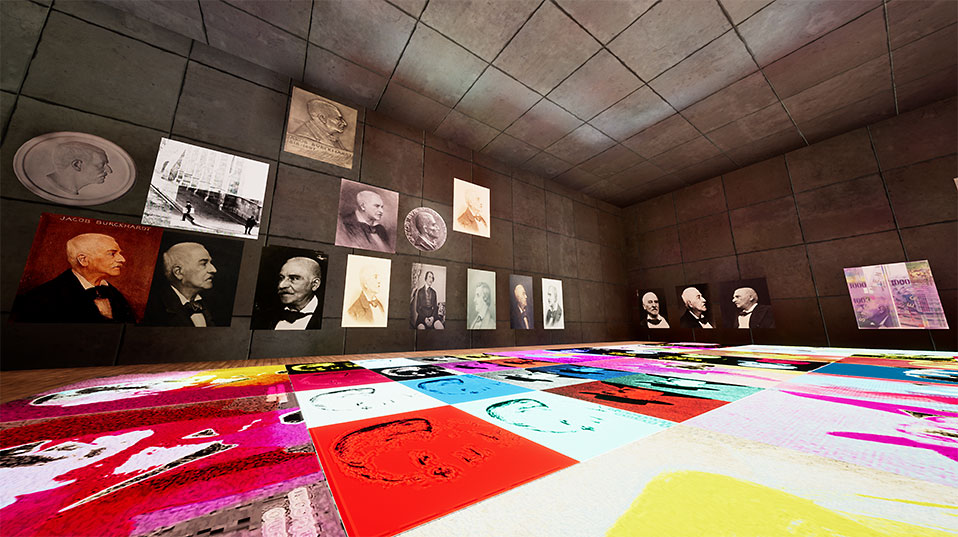 Research
ResearchTheory of power instead of porn
Text: Urs Hafner / Jacob Burckhardt is going virtual. Two hundred years after his birth, the ideas of Basel’s great cultural historian are being brought to life by a 3D installation at the Basel Historical Museum.
-
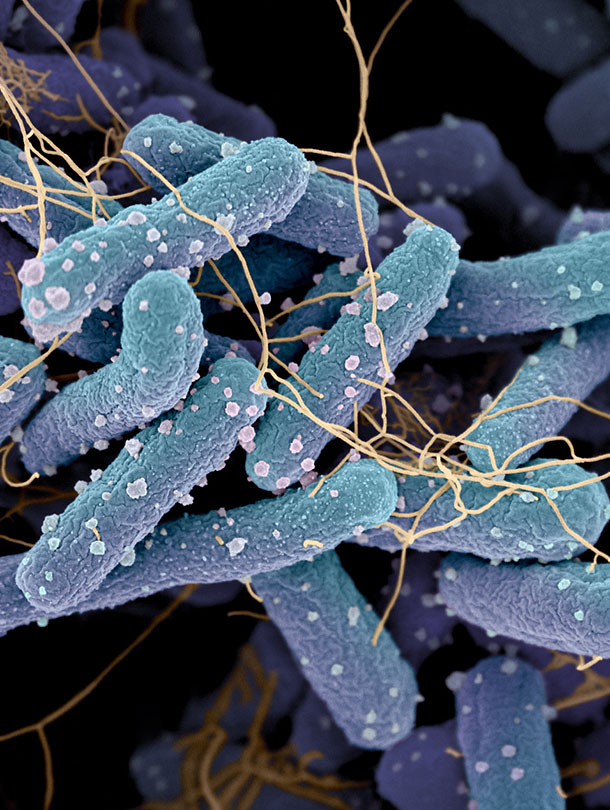 Research
ResearchLiving in the human body
Text: Katrin Bühler / Trillions of bacteria, fungi and viruses live in our bodies. Most of them go unnoticed but infl uence us throughout our lives. When this community – known as the microbiome – becomes out of balance, illness can ensue.
